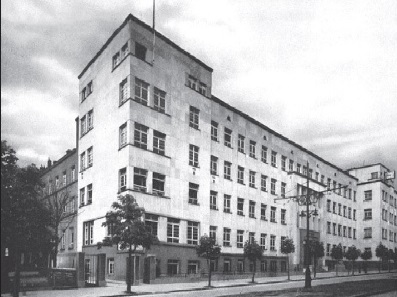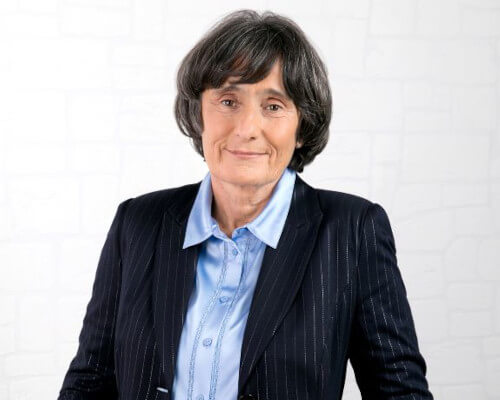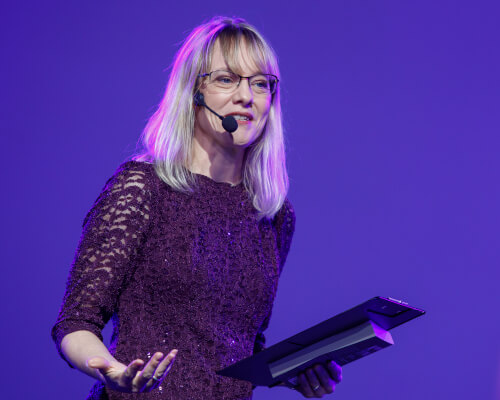 In 1913, oil tycoon John Davis Rockefeller Sr. registered one of the world’s most powerful philanthropic organizations – the Rockefeller Foundation – in the United States.
In 1913, oil tycoon John Davis Rockefeller Sr. registered one of the world’s most powerful philanthropic organizations – the Rockefeller Foundation – in the United States.
The Foundation aims to increase the welfare of humankind worldwide. Its motto is “To Honor Humanity in the World.” The philanthropic scope of the Foundation covers a variety of areas – natural sciences and humanities, medicine, sociology, etc. It worked together with the League of Nations and its humanitarian structures after WWI. Today, the Foundation cooperates with governments worldwide.
Bulgaria is included in the Rockefeller Foundation’s financial assistance programs for SEE countries proposed by its structures in Europe, the International Council on Health and the International Council on Education. By order of the Foundation’s Board of Directors, the above-mentioned Councils carried out a preliminary study of the state of the industry, agriculture and health in the region in 1920 to identify the most urgent issues and areas, in which the Foundation could provide assistance.
Meanwhile, Bulgaria also expressed interest in the Foundation’s programs. In 1922, the Public Health Directorate of the Ministry of National Education and Religious Affairs sent a request to the Health Council seeking assistance from the Rockefeller Foundation for the specialization of young doctors, bacteriologists, pharmacists and chemists, as well as providing opportunities for health ministry officials to become familiar with the experience of European countries in sanitation. There were also requests for funds to build and equip an epidemiology institute in Sofia and to start a health prevention and consultancy center, as well as to appoint a technical adviser to the Foundation in Sofia to lead future joint events. Prof. Vassil Mollov, Dean of the Faculty of Medicine of Sofia University, applied for funding from the Rockefeller Foundation for the student library and the laboratories at the faculty.
Between 1923 and the end of 1924 the Foundation’s Health Council granted $ 820 (BGN 114,800) to the Medical Faculty to purchase specialized scientific literature. They also voted on financial aid of up to $5,000 to buy equipment and chemicals for the faculty labs. In 1927, the Health Council provided $620 (BGN 86,800) to the department of histology and embryology for laboratories and the library, as well as $1,500 (210,000) to the Department of Pathology.
The most important activity of the Rockefeller Foundation in Bulgaria started in the next few years. This involved the Health Council and the Education Council’s specialization programs. We don’t know how many Bulgarians received scholarships from the Rockefeller Foundation, nor do we know how much money they got. We’ve reached the following estimates between the two world wars: Health Council – 37 people; the various departments of the Education Council as follows – 7 people (medical education department); 15 people (social sciences department); 5 people (natural sciences department). There were 13 Faculty of Agronomy scholars and one re-awarded scholarship in the field of natural sciences. In addition, the Rockefeller Foundation financed 7 physician trips – 2 to North America and 5 in Europe.
Bulgarian scholars also benefit from funds provided by the Rockefeller Foundation under various UN programs. For example, 14 Bulgarian doctors and one engineer received scholarships under the medical exchange program. Another 10 doctors took epidemiology and malaria education courses organized by the Hygiene Section of the UN with the financial support of the Rockefeller Foundation. Evidence suggests that prior to 1934, the Rockefeller Foundation spent approximately 60,000 dollars (over BGN 5 million) in support of 26 Bulgarian scholars. *

